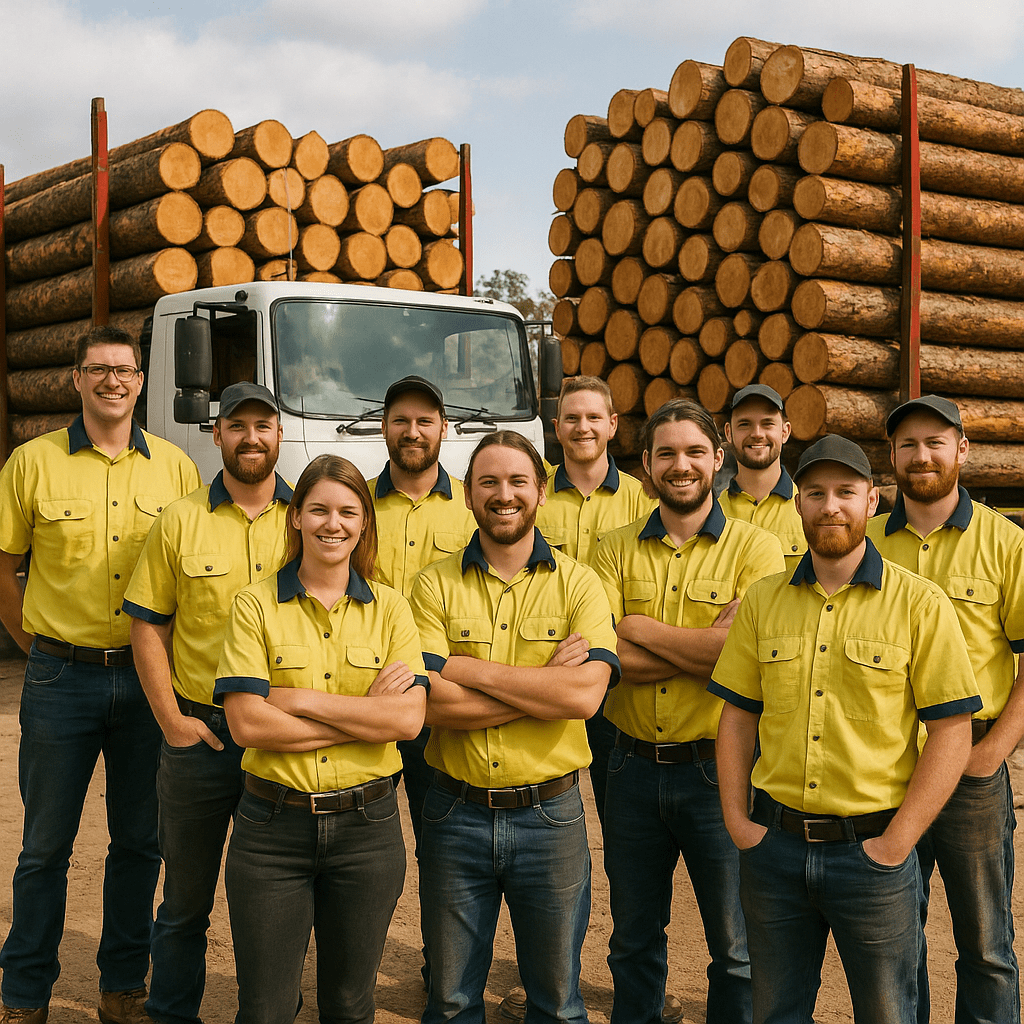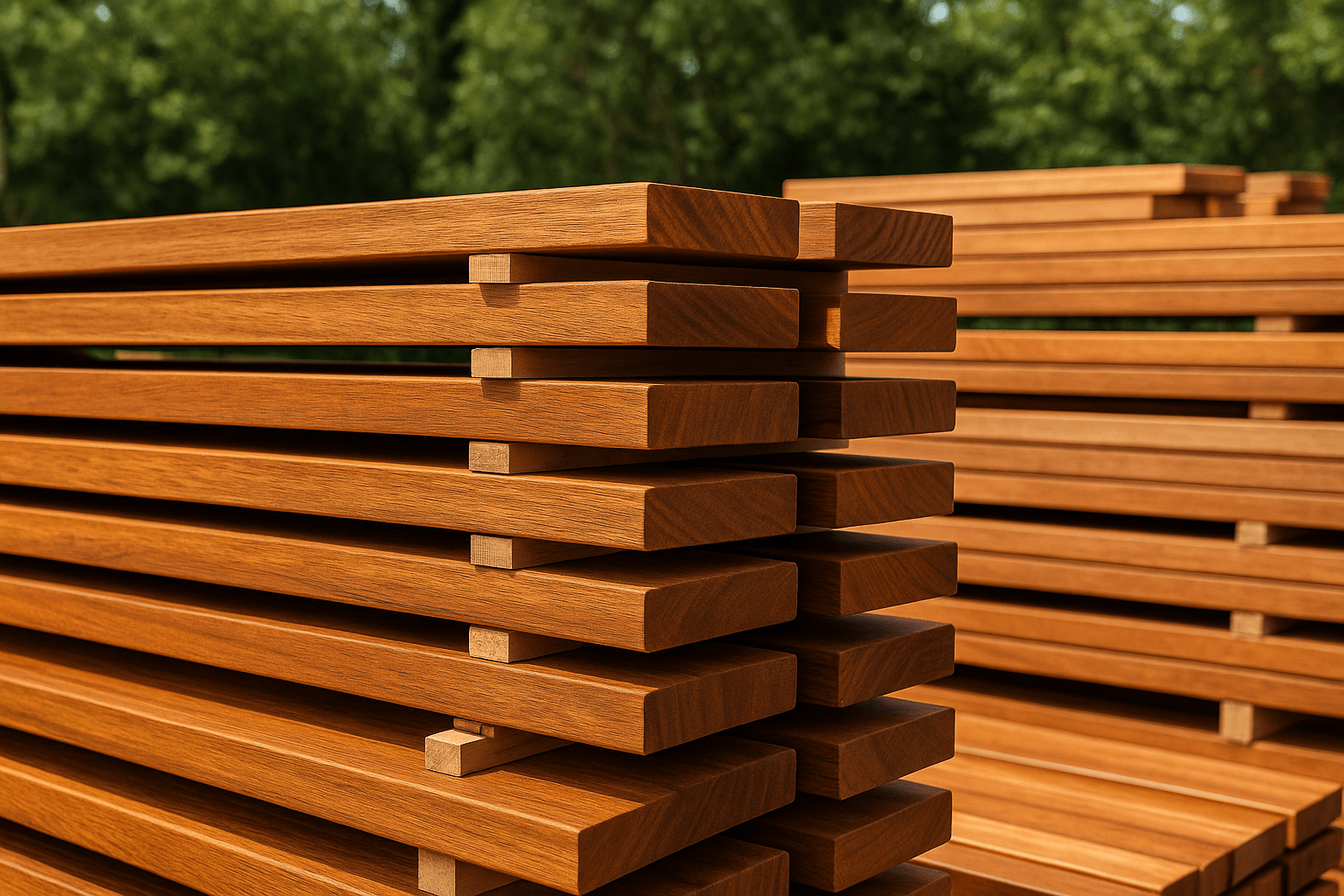Living and building near the coast comes with its perks—ocean views, sea breezes, and lifestyle to match. But if you’re not careful with your material choices, that salty air and humidity can destroy your timber faster than you can say “Spotted Gum.”
Here’s what you need to know when choosing timber for coastal conditions.
Why Coastal Builds Are Tough on Timber
The big three enemies: salt spray, humidity, and sun. These work together to cause timber to warp, rot, or degrade faster if you choose the wrong species or finish. Cheaper or untreated timbers simply won’t last.
Top Timber Choices for Coastal Areas
✅ Spotted Gum – Hard, dense, and naturally durable. It’s one of Australia’s toughest timbers and highly resistant to termites and decay.
✅ Blackbutt – Another Aussie hardwood, Blackbutt holds its shape well in humid climates and takes finishes beautifully.
✅ Merbau – While not native, Merbau is a popular choice for decking due to its natural oils and stability. It performs well in coastal zones when properly sealed.
✅ Ironbark – True to our name, Ironbark is as tough as they come. It’s ideal for exposed locations and high-traffic areas near the coast.
Tips for Coastal Timber Success
- Always seal exposed ends before installation.
- Use stainless steel fasteners to avoid rust stains.
- Apply a high-quality oil or UV protector annually.
Need help choosing the right timber for your beachside project?
Visit Ironbark Timber or call us for advice that’s tailored to your location.
more expert articles from our advice hub
New to Ironbark Timber? Discover who we are.
We’re a team of timber specialists dedicated to quality, service, and solutions — proudly supporting builders, architects, and DIYers.

Need More Than Just Advice?
Our timber experts are here to help with product recommendations, pricing, and planning. Let’s talk timber and discuss your project today.












